
OR
South Asia Regional Conference highlights the need for regional cooperation to tackle adverse impacts of climate change
Published On: April 5, 2024 07:18 PM NPT By: Republica | @RepublicaNepal
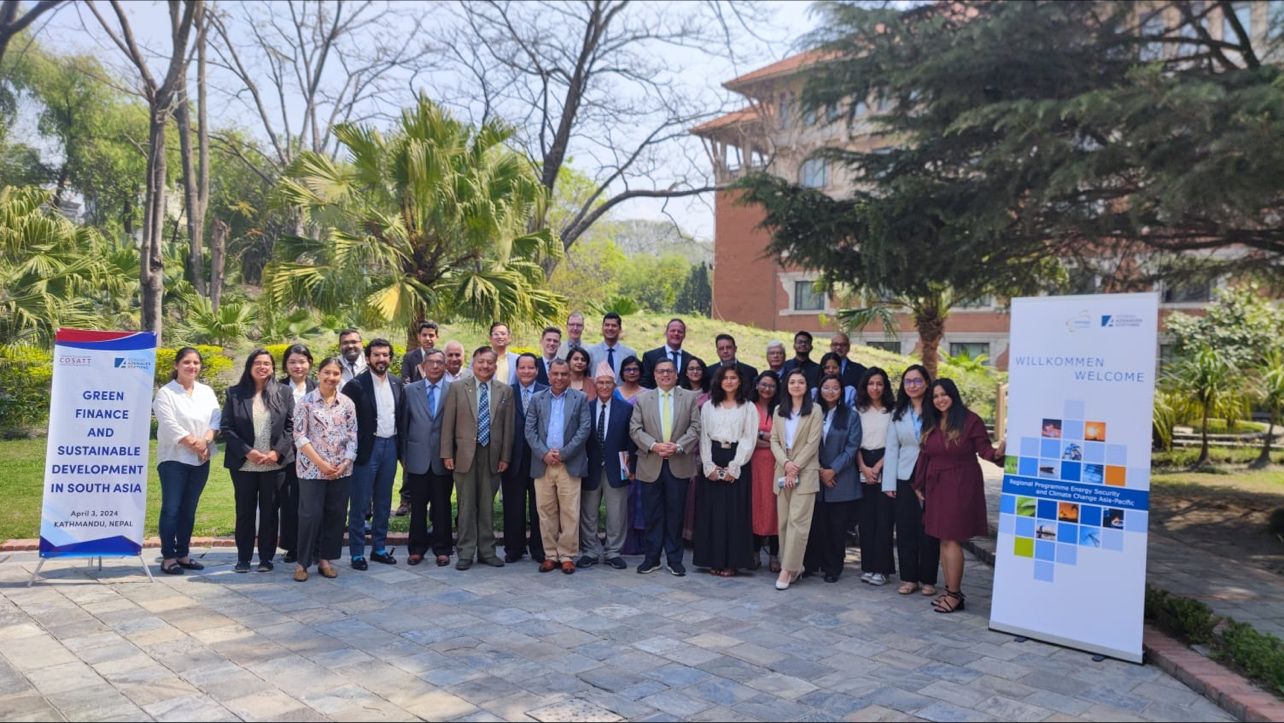
KATHMANDU, April 5: The Regional Conference on 'Green Finance and Sustainable Development in South Asia' concluded in Kathmandu, highlighting the necessity of green finance and regional cooperation to ensure sustainable development in the region.
The conference, organized by the Consortium of South Asian Think Tanks (COSATT) in cooperation with the Regional Project Energy Security and Climate Change Asia Pacific (RECAP), Konrad Adenauer Stiftung (KAS), Hong Kong, in the capital on Wednesday also underscored the importance of regional cooperation to cope with the adverse impacts of climate change in the region.
The first session of the conference focused on access to green finance across SAARC member states. Participants from Bhutan, India, Bangladesh, and Pakistan shared their insights into the impacts of climate change in their respective countries and the significance of climate finance in addressing these impacts.
Sonam Choden Wangdi, an eminent economist from Bhutan, mentioned that despite Bhutan being a carbon-negative country, the impacts of climate change are evident. "From 2016 to 2022, Bhutan has experienced 32 extreme weather events, including flash floods and landslides. Similarly, 18 glacial lake outburst floods have been recorded," she said. Wangdi also highlighted challenges in accessing climate finance, noting that the majority of funding is provided in the form of loans from development banks rather than grants.
She pointed out that Bhutan's graduation from Least Developed Country (LDC) status has led to a decrease in bilateral support from developed nations. Hasan Anwar, Program Director at Pakistan Environment Trust, mentioned that while South Asian countries share similar climate change challenges, India and Pakistan are still engaged in finger-pointing instead of addressing these issues together. "Smog has been affecting both countries. However, instead of sitting down and engaging in discussions to solve the problem, both countries are blaming each other for the smog," he said.
Hasan also shared that private sectors such as private commercial banks in Pakistan have made major contributions to climate finance, particularly in the renewable energy transition, where more than a billion dollars have been mobilized. The discussion also focused on finance for adaptation and resilience, the role of non-state actors, and corporate social responsibility in South Asia.
Dr. Benuka Ferdousi, a research officer at the Bangladesh Institute for International and Strategic Studies, mentioned that the government of Bangladesh is spending about 6-7 percent of its annual budget on adaptation purposes but still needs more. "Non-state actors are also coming forward in green finance in Bangladesh. In 2021, banks and NBFIs disbursed three percent of the total term-loan in green finance amounting to BDT 7.3 million," she said.
Participants also pointed out that South Asian states with minimal contributions to carbon emissions are experiencing severe consequences of climate change.
In his keynote address to the conference, Head of Cooperation at the Delegation of the European Union to Nepal Dr. Marco Gemmer emphasized the significance of good governance in utilizing green finance. "The implementation of funding and green finance varies across countries. However, with good governance, these funds will be directed to where they are most needed, ensuring their proper utilization," he said.
Senior Policy Advisor of ICIMOD Nepal Brij Mohan Singh Rathore, Director of KAS RECAP Dr. Frederick Kliem, Convener of COSATT Dr. Nishchal Pandey, as well as participants from Sri Lanka, India, and Bangladesh, also shared their country perspectives on the issue of green finance and sustainable development in the conference.
You May Like This

Cases of banking fraud up in Nawalparasi
NAWALPARASI, May 2: The cases of banking fraud are on the rise in Nawalpur (Nawalparasi Bardaghat Susta East). ... Read More...

IGP Kunwar holds meeting with Indonesian National Police Chief Murti
KATHMANDU, May 2: Inspector General of the Nepal Police, Basanta Bahadur Kunwar, and Head of the National Relations Division of... Read More...

Incidents of forest fire on the rise with 165 incidents reported so far this year
KATHMANDU, May 2: The situation of forest fires in the country is getting worse by the day. The National Disaster... Read More...







Just In
- Govt urges ISPs to settle outstanding tax liabilities amid internet service disruptions
- Cases of banking fraud up in Nawalparasi
- IGP Kunwar holds meeting with Indonesian National Police Chief Murti
- Nepal faces severe disruptions in internet service after ISPs fail to pay the Indian vendor
- Innovation Fund will be set up for IT sector expansion: PM
- NEPSE loses 7.31 points, daily turnover slides down to Rs 4.13 billion
- President Paudel summons budget session on May 10
- Over 100,000 tourists visit Nepal monthly on average




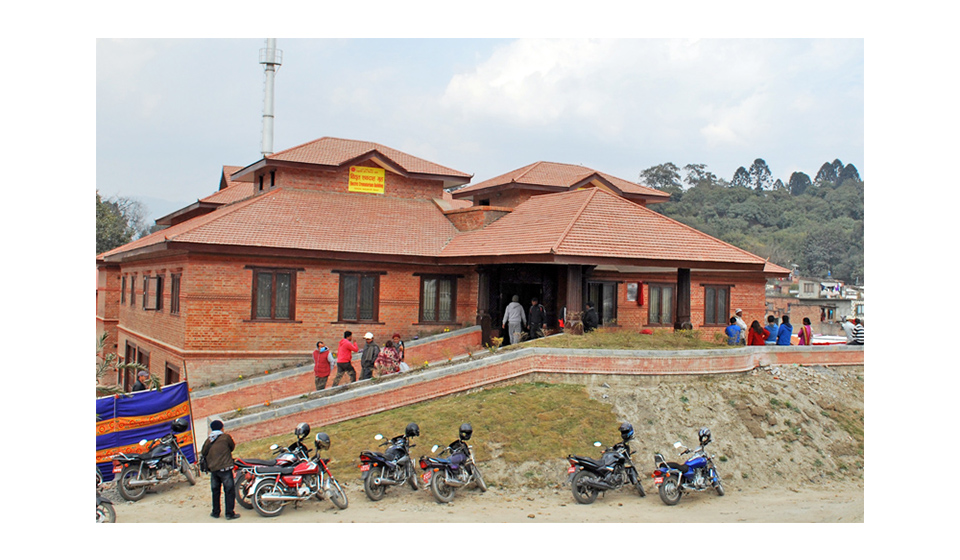

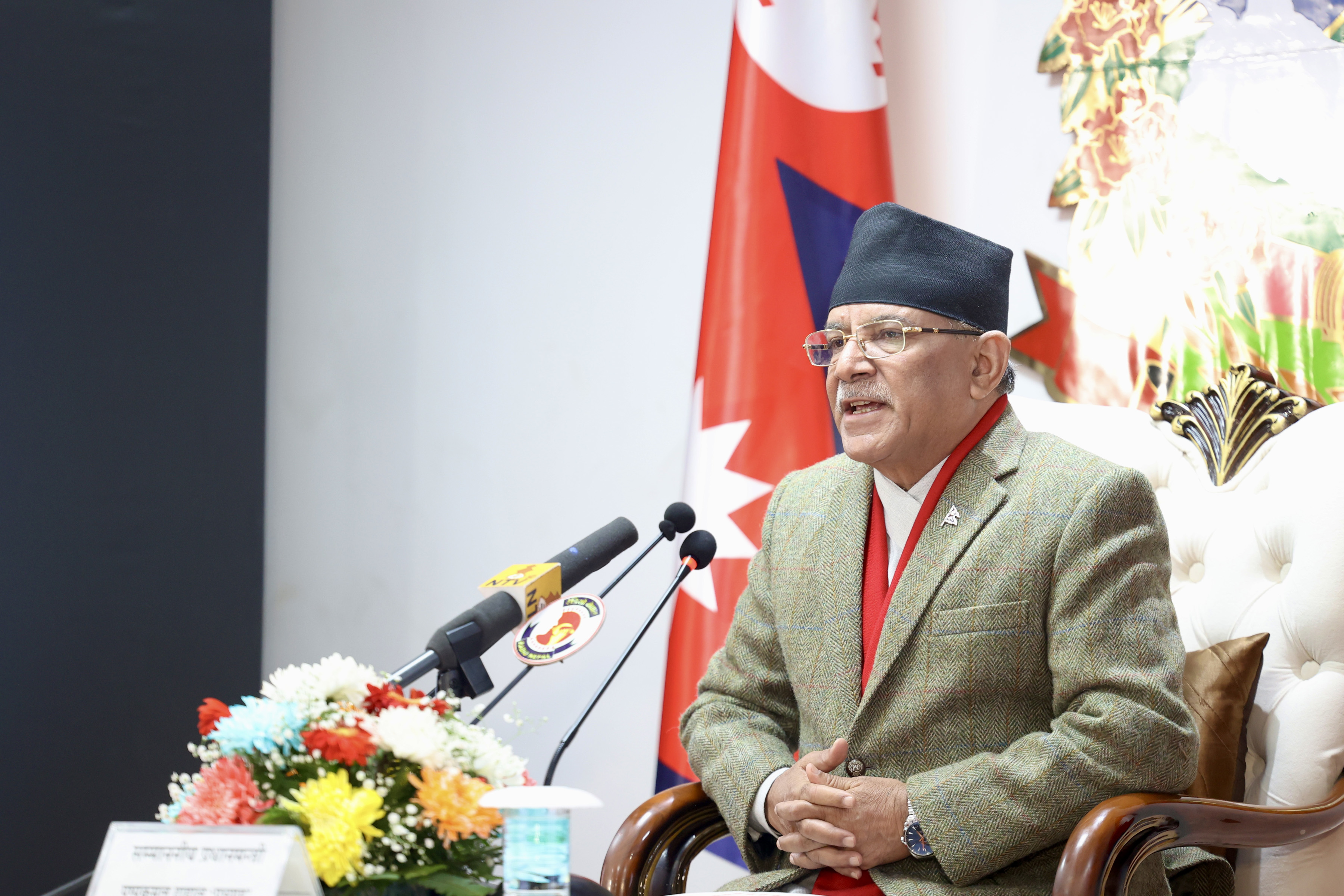


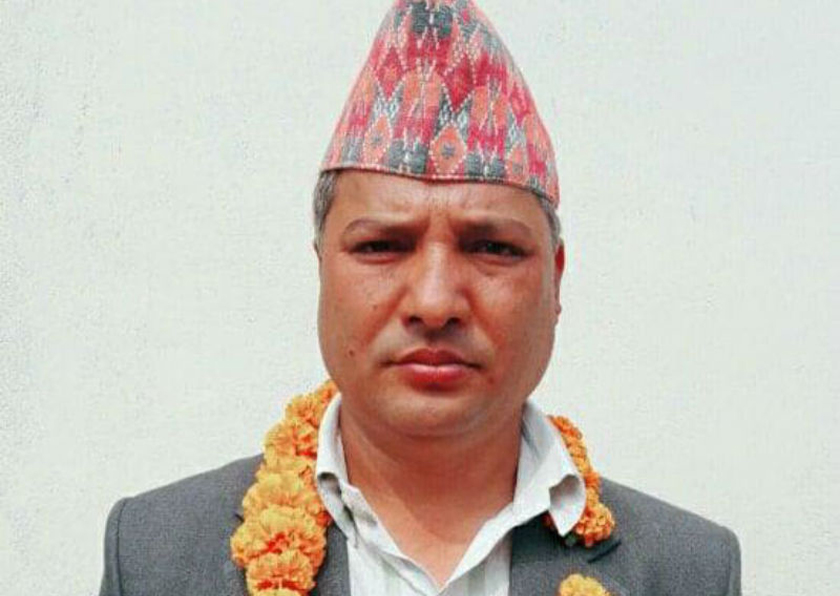

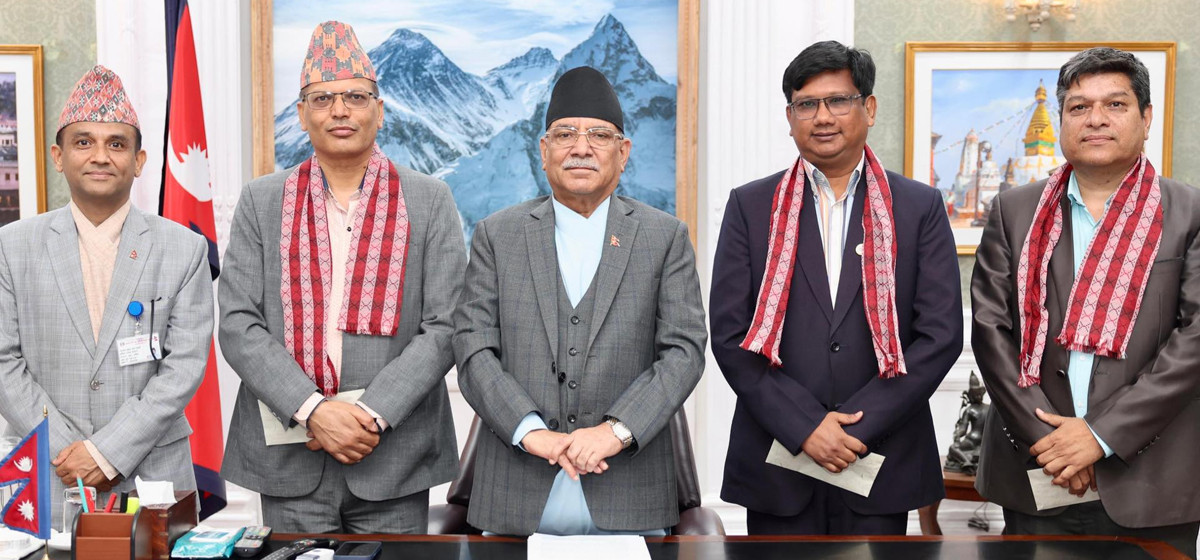
Leave A Comment